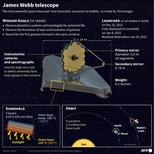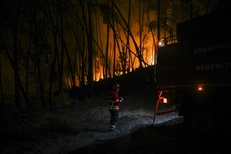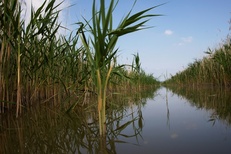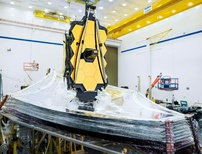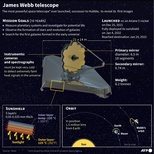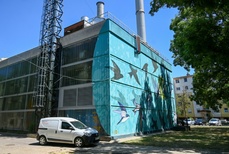Excitement builds as Biden to release first image from Webb telescope
US President Joe Biden will Monday release one of the first images taken by the James Webb Space Telescope, the most powerful observatory ever sent into orbit and a leap forward in uncovering the secrets of the distant universe.. The very first image, released by the US president, will be of the "deep field" -- an image taken with very long exposure time, to detect the faintest of objects in the distance -- according to a person familiar with the matter.
